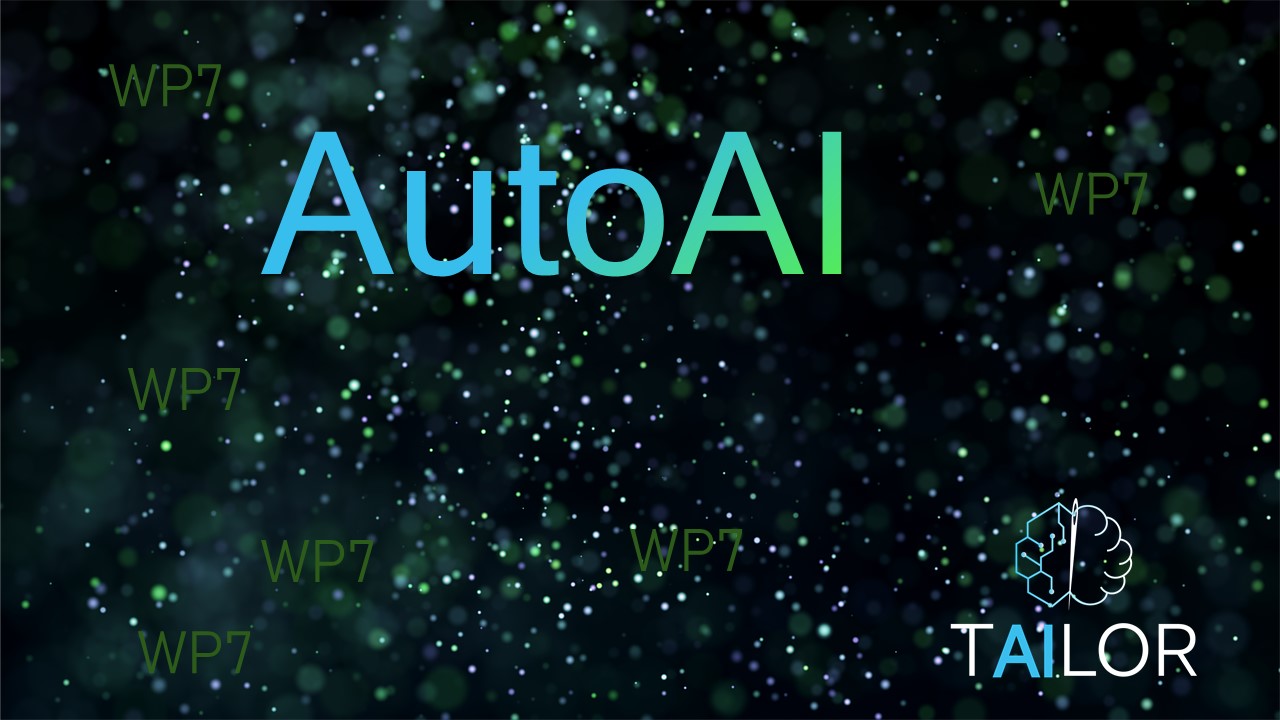
Third TAILOR WP7 Seminar
15:30-16:00 — Talk by Andrea Borghesi — HADA: an Automated Tool for Hardware Dimensioning of AI Applications
Abstract:
The uptake of Artificial Intelligence (AI) in industry is increasing. For many AI techniques, like Deep Learning, optimization, planning, etc., computational and storage requirements are significant. Determining what is the right hardware (HW on premise or on the cloud) architecture and its dimensioning for AI algorithms is crucial and very challenging, as it is hard to characterize an algorithm behaviour on diverse architectures. This is especially true if the AI application must respect quality-of-service constraints or budgets. Having an automated decision support tool to match algorithms, user constraints and HW resources would be a great advantage for companies and practitioners working with AI applications.
We tackle this challenge with an approach that relies on the Empirical Model Learning paradigm, based on the integration of Machine Learning (ML) models into an optimization problem. The key idea is to integrate domain knowledge held by experts with data-driven models that learn the relationships between HW requirements and AI algorithm performances. In particular, the approach starts with benchmarking multiple AI algorithms on different HW resources, generating data used to train ML models; then, optimization is used to find the best HW configuration that respects user-defined constraints (e.g., budget, time, solution quality). We demonstrate the approach on complex problems, such as online algorithms for energy systems and transprecision computing.
16:00-16:30 — Round table updates by all WP7 participants
- An overview highlighting ongoing and planned work focusing on the following:
- Collaboration between different tasks;
- Collaboration with other work packages;
- New collaborations (with people with whom that group has never worked before).
This event is only for TAILOR Network members.